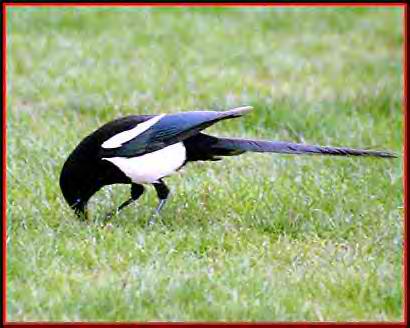Several times lately I’ve opened my email and found notices about people who want to friend me, but I don’t think that means they want to befriend me. Thanks to Mark Zuckerberg and his buddies, what used to be a good old-fashioned noun is now a verb. The way they play around with it doesn’t have much to do with friendship.
Because I know who my friends are and Facebook doesn’t, I haven’t been quick to respond to their suggestions. They are relentless, however, and the notices have become more pressing. They have the nerve to remind me that I’ve not stopped by for a while. Counting how long it’s been is something my best friends would never do. Sometimes after a long absence my friends say they’ve missed me, but that I understand because the feeling is mutual.
Facebook quotes the number of friend requests I have “pending” and dangles the number in front of me as a nudge to get me going through the list to check the ones I accept. Something about the way they put it suggests I shouldn’t keep my friends waiting. They also seem to be implying that I shouldn’t keep my not-friends waiting. Maybe they think I should be embarrassed, or maybe they think I should be flattered as the number of friends “pending” grows. Who knows? It’s hard to distinguish shame from flattery in a virtual world.
Inventing words is basic survival in techno-savvy culture. Talk about new things sometimes does require new words, and I’m willing to accept a little slippage here and there for the sake of invention. Most of us understand that smartphone tweets aren’t produced by birds, that phishing is not a good hobby for old men, and that the world wide web in which we are entangled is not woven by spiders. At last I don’t think it was; it evolved far too quickly for that.
I also know that virtue is a sloppy thing in the virtual world, and that concerns me. The “friending” frenzy on Facebook sets off my crap detector because being a true friend is all about virtue, and the best times I spend with friends are not in virtual space. You see how sloppy it has gotten?
When I look at the absurdly long list of friend requests I have “pending” on Facebook my inner voice shouts “No!” Actually a few times my outer voice has too, but I’m trying to exercise control and avoid talking to my computer. That’s a good trend because sometimes I use my computer at the library and once lost in cyber space it’s easy to forget where I am.
Even by my most generous estimates, the number of friends Facebook thinks I have is far larger than the number of people I am willing to count as friends. Included on my list of pending “friends” are names I don’t recognize, and there are a few name I recognize that would definitely not be on my list of friends. One is the fellow to whom I wrote a less than friendly email after a home repair went bad. I don’t consider him a friend at all, and after the email I sent I doubt that he considers me one either. Apparently I am still in the address book for his email.
I want to draw the line. Making up words can be fun, but scooping “friends” from other people’s address lists, “friending” individuals I’ve never met, and admiring people who have the full limit of 5000 Facebook “friends” do not even come close to my definition of friendship. Facebook has snagged the word, but they haven’t snagged me.
I’ve been fussing about what to do. One option is putting quotes around Facebook “friends.” I’ve also considered referring to my real Friends with a capital “F.” If a capital letter is good for the Queen and the President it certainly is fitting for my Friends. I have high quality friends. I don’t mean the ones who are pending. I mean the ones I hug when we meet, and the ones I miss if I don’t see them for awhile. On second thought, I probably don’t need to explain to my real Friends the distinction between friend and “friend,” or between “friend” and Friend. They know the difference, and so does my heart. For now, I think that’s good enough for me.
—
Mary VanderGoot is a psychologist, an earnest friend, and a culture-watcher. She blogs regularly at http://www.afterfreedom.com













You’ve been “fussing” about what to do? Here’s an idea: delete your Facebook account.
I’d argue that “friend” used in this sense is a verb with a separate meaning from “befriend.” In a similar way that the word “Google” (or “google”) has come to mean “enter into a search engine on the Internet,” “friend” has come to mean “add someone to a list of individuals with which someone is acquainted in some capacity.” Which has itself become a separate term: “(Facebook) friend.”
The Wisdom of Aristotle seems to have penetrated your mind but not your heart. A friend to everybody is a friend to nobody, as the old adage goes. Rob’s suggestion is particularly apt, and might I add, within your grasp: I have been a year without “friends,” as Facebook deems them, and have yet to suffer any loss of Friends. I presume you aren’t looking for advice, but here is mine, yet unsolicited.
Comments are closed.